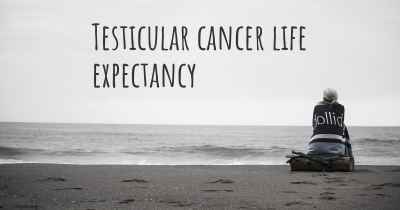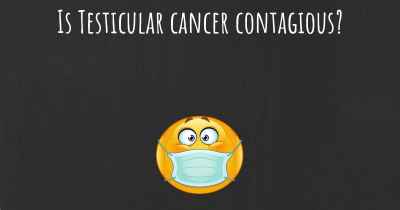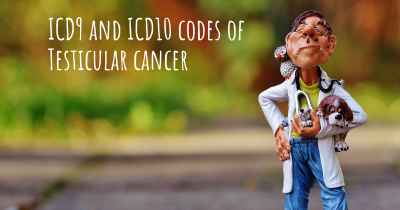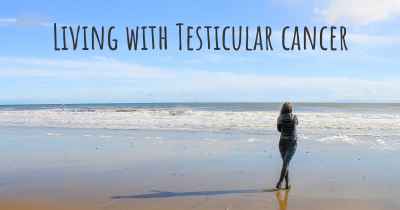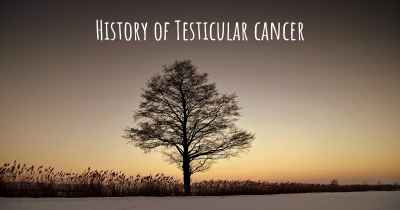Is Testicular cancer hereditary?
Here you can see if Testicular cancer can be hereditary. Do you have any genetic components? Does any member of your family have Testicular cancer or may be more predisposed to developing the condition?

Testicular cancer is not typically considered a hereditary condition. However, there may be a slightly increased risk for individuals with a family history of the disease. It is important to note that most cases of testicular cancer occur in individuals without a family history. Regular self-exams and early detection are crucial for identifying any potential issues. If you have concerns about your risk, it is recommended to consult with a healthcare professional.
Is Testicular Cancer Hereditary?
Testicular cancer is a type of cancer that develops in the testicles, which are the male reproductive glands located in the scrotum. It is a relatively rare form of cancer, accounting for about 1% of all cancers in men. When faced with a diagnosis of testicular cancer, it is natural to wonder about the potential hereditary factors that may contribute to the development of this disease.
Genetic Factors and Testicular Cancer
Research has shown that there is a genetic component to testicular cancer, although the exact mechanisms are not yet fully understood. Several studies have suggested that having a family history of testicular cancer increases the risk of developing the disease.
Familial Testicular Cancer
In some cases, testicular cancer can run in families. This is known as familial testicular cancer. It occurs when multiple close relatives, such as brothers or father-son pairs, are affected by the disease. The risk of developing testicular cancer is higher for individuals with a family history of the condition compared to those without such a history.
Hereditary Testicular Cancer Syndromes
There are also specific hereditary testicular cancer syndromes that have been identified. These syndromes are caused by mutations in certain genes that are involved in the development and growth of testicular cells. Two of the most well-known hereditary testicular cancer syndromes are:
- Testicular Cancer 1, X-Linked (TC1X): This syndrome is caused by mutations in the gene called DND1, which is located on the X chromosome. It primarily affects males and is associated with an increased risk of developing testicular germ cell tumors.
- Familial Testicular Germ Cell Tumor (FTGCT): This syndrome is characterized by an increased risk of developing testicular germ cell tumors in individuals with a family history of the disease. Mutations in several genes, including KITLG and SPRY4, have been associated with FTGCT.
Other Risk Factors for Testicular Cancer
While genetic factors play a role in the development of testicular cancer, it is important to note that most cases of the disease occur sporadically, without a clear hereditary link. There are also several other risk factors that have been identified, including:
- Undescended testicle (cryptorchidism): Men who have a history of undescended testicles are at a higher risk of developing testicular cancer.
- Family history of testicular cancer: As mentioned earlier, having a close relative with testicular cancer increases the risk.
- Age: Testicular cancer is more common in young and middle-aged men, with the highest incidence occurring between the ages of 15 and 35.
- Race and ethnicity: Testicular cancer is more common in white men compared to men of other races.
- HIV infection: Men with HIV have an increased risk of developing testicular cancer.
Conclusion
In summary, while testicular cancer can have a hereditary component, most cases occur sporadically without a clear genetic link. Having a family history of the disease, particularly in close relatives, increases the risk of developing testicular cancer. Additionally, specific hereditary testicular cancer syndromes caused by mutations in certain genes have been identified. It is important for individuals with a family history of testicular cancer or other risk factors to be aware of the potential increased risk and to discuss it with their healthcare providers. Regular self-examinations and routine medical check-ups can aid in the early detection and treatment of testicular cancer.
